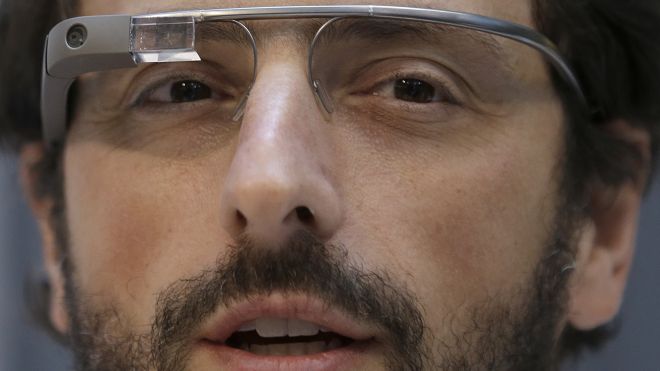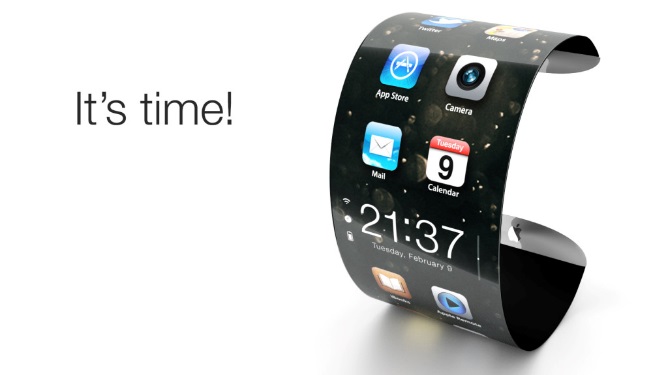As we’re into a new year and the Consumer Electronics Show (CES) is currently in full swing, it seemed appropriate to look at what new technology is on the horizon, and how it could impact the world of search engine marketing.
There’s certainly plenty to look forward to this year, as technology becomes even more deeply ingrained in our day to day lives and appears in yet more devices. In-car connectivity is growing rapidly, allowing vehicles to give drivers information relevant to their vehicle status, route and planned destination in real-time. Home automation is slowly becoming a reality, with more and more smart devices coming online and communicating with each other. Smart TVs with on-demand and streaming services are moving us away from traditional broadcast television. Even the smart fridge is making a comeback, monitoring when you are low on food or when items are going out of date.
Wearable technology
Perhaps the biggest new trend for 2014, however, is the emergence of wearable technology.
Whilst there are plenty of fitness trackers and GPS devices already on the market, this year should see at least two significant arrivals in the form of Google Glass and Apples iWatch. These are in addition to updates to existing products such as Sony and Pebble smart watches and Samsungs Galaxy Gear.

Google Glass may have dubious styling, but it is arguably the ultimate in personal technology. It is always available (unlike a mobile, you dont even have to get it out of your pocket) and by being in your field of vision it can constantly interact with the wearer.

How (or even if) iWatch will contend with this is yet to be seen, but it too will integrate closely with the wearer, albeit slightly more discreetly than Google Glass. Both will allow more frequent, quicker and easier access to the internet (and therefore search engines), allowing context-based searches which are based on the wearer, their location and their preferences. They may well also interact with other devices such as your TV or car, and augment your view of your surroundings.
So how does all this affect Search Marketing?
The common theme across all these devices is they are able to learn more and more about you and your activities through the data they collect. Google already has a profile of your age, gender and interests in its ad preferences settings. The new wave of devices can constantly monitor your activity levels, location and even interactions with other people. They know where you have been, what youve searched for, and where you are going. Tied with demographic data from your online profiles, this all allows for much greater personalisation of searches, theoretically delivering more relevant results.
For organic search, this increases the likelihood that search results will be different depending on who performs the search. Being in position one will be harder to quantify – making it more important that your site has high quality, relevant content which takes into account the target audiences demographic, interests and, where appropriate, their physical location.
For advertisers, ads can become much more specifically targeted. Take all this additional data together and you can imagine a world where your Google glass will electronically alert advertisers: “There’s a 43 year old male who likes Mexican food 500 metres away from your restaurant. He usually dines at 6pm, which is in 30 minutes, and his (smart) fridge is empty. Would you like to show him an advertisement?”
This may be an extreme example, but many elements of this already exist in Enhanced Campaigns, real-time bidding and Google Now. Real-time bidding is something were very much involved with at Search Laboratory, as it has the potential to greatly improve ROI on display advertising. It’s not a great leap to see how the current algorithms could be extended to pre-emptive advertising on iWatch/Google Glass, during streamed TV shows on your Smart TV, or in your vehicle when you drive into an unfamiliar town.
Google Now – which aims to tell you what you want to know before you’ve even asked – will become more accurate (and useful) the more it knows about you. It could use Google Glass to show you the weather forecast, remind you of your appointments for the day, and alert you to traffic delays, all whilst you are eating your breakfast.
The proliferation of devices also introduces some interesting issues for measuring conversion rates and attribution. Users may see an ad on their Google Glass, perform a search on a mobile, before finally ordering on a tablet. Tracking that person as a single user and attributing the sale to the first ad is going to be challenging. Similarly, if the aforementioned 43-year-old responds to the ad and eats in the Mexican restaurant, counting this as a conversion is difficult to achieve. (Although if the ad were served on the basis of your location, perhaps Google Glass could track your activity to see if you actually walk into the restaurant and sit down). These problems exist today, but the more devices we use, the more complex they become.

There’s no saying whether this is how these devices will evolve or whether there will be a backlash based on privacy or simple information overload. A stroll down the high street could turn into a scene from Minority Report, where everyone is bombarded by personalised advertisements. SatNav maps would become useless if obscured by overlays showing re-charging points and places of interest. And a simple conversation could be interrupted not just by mobile phones, but by watches and glasses too.
One thing is certain – the world of search has changed dramatically over the past year, and 2014 promises to be no different.


